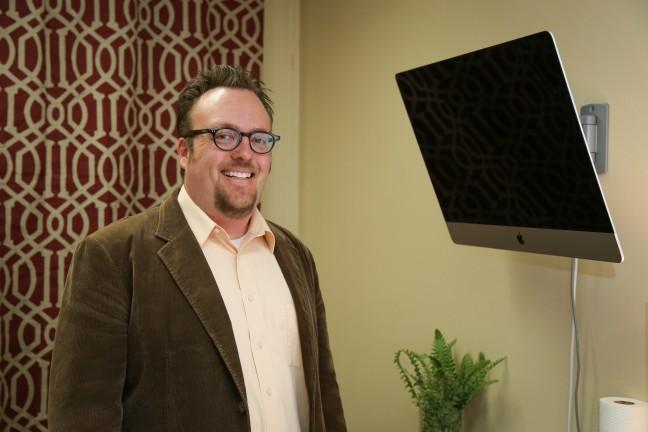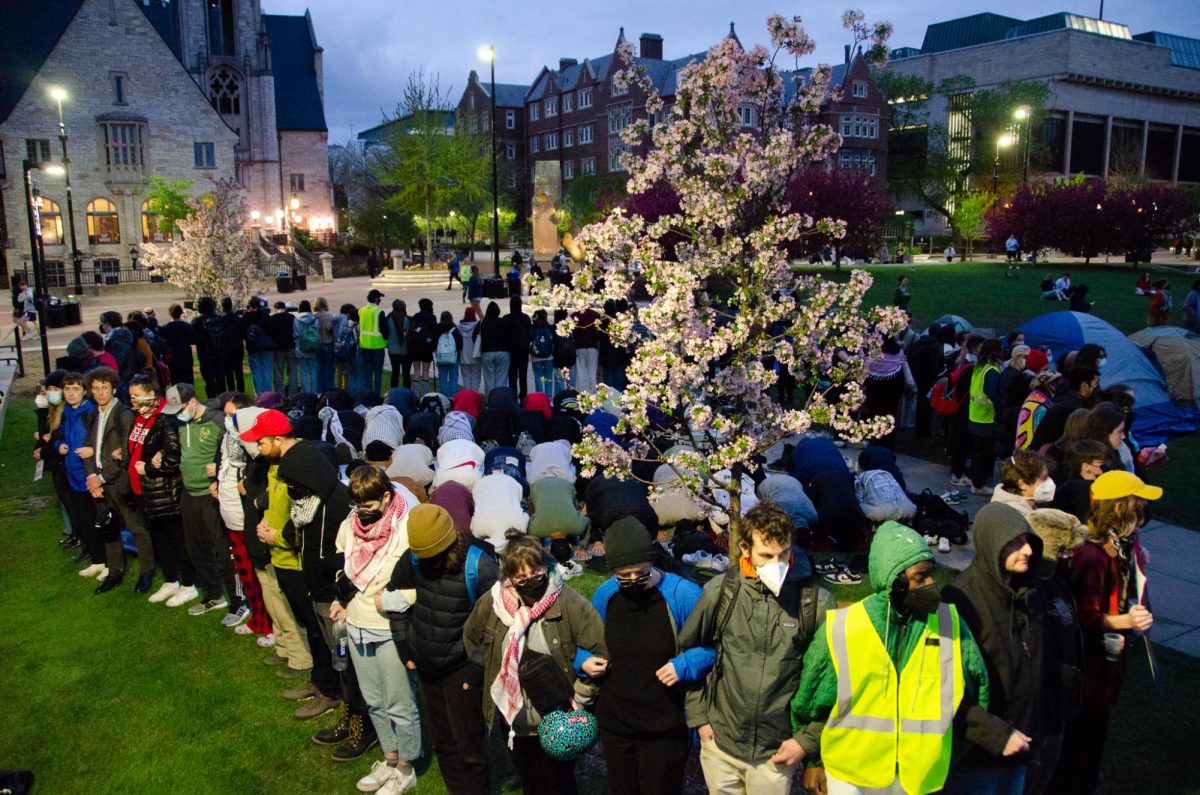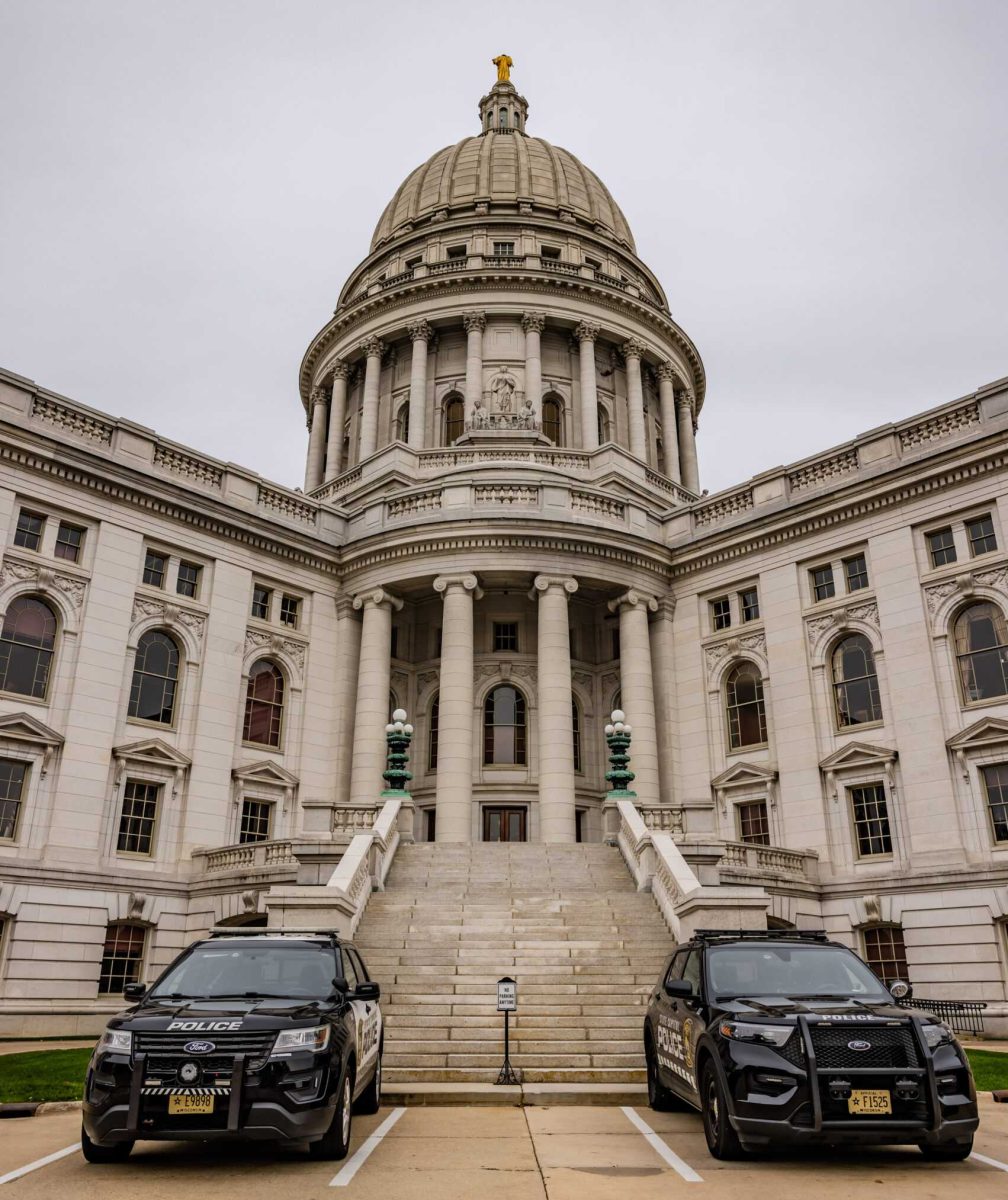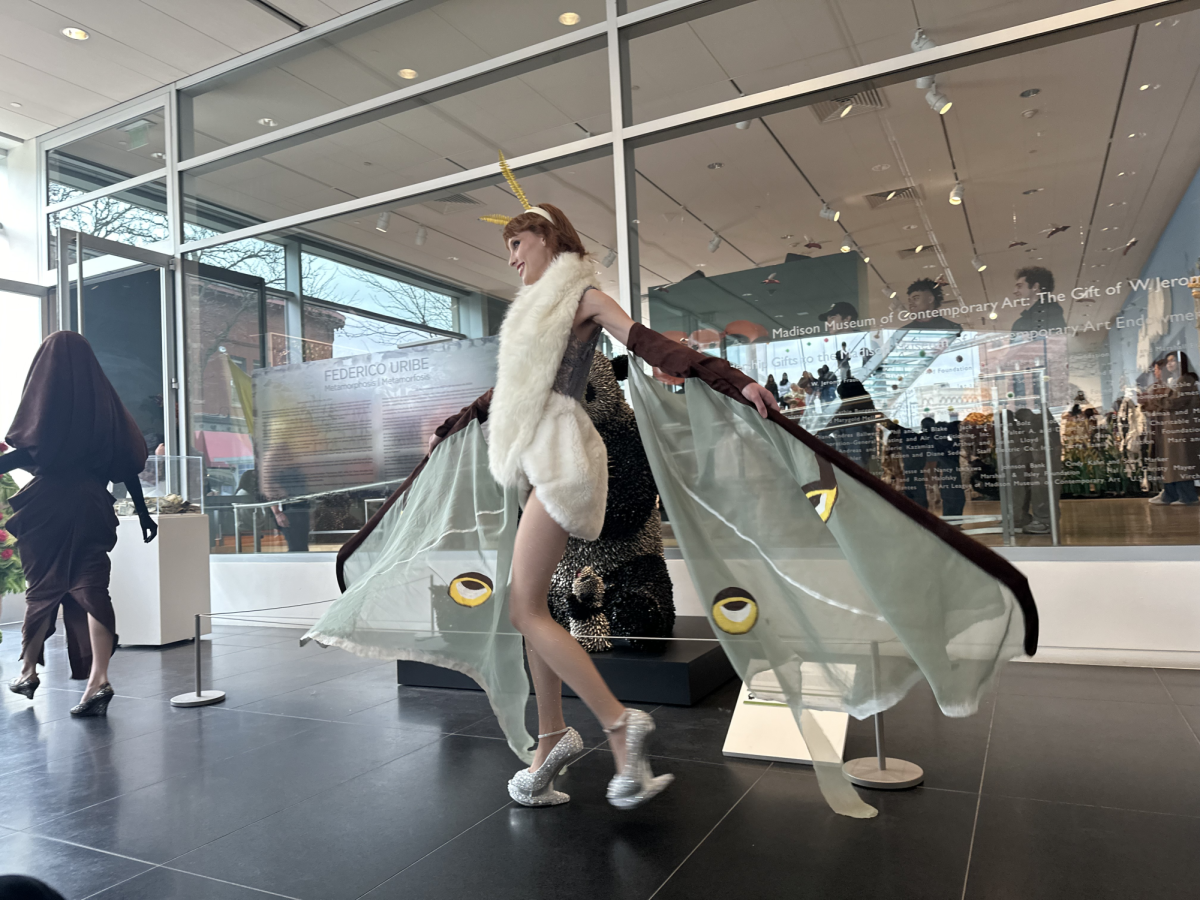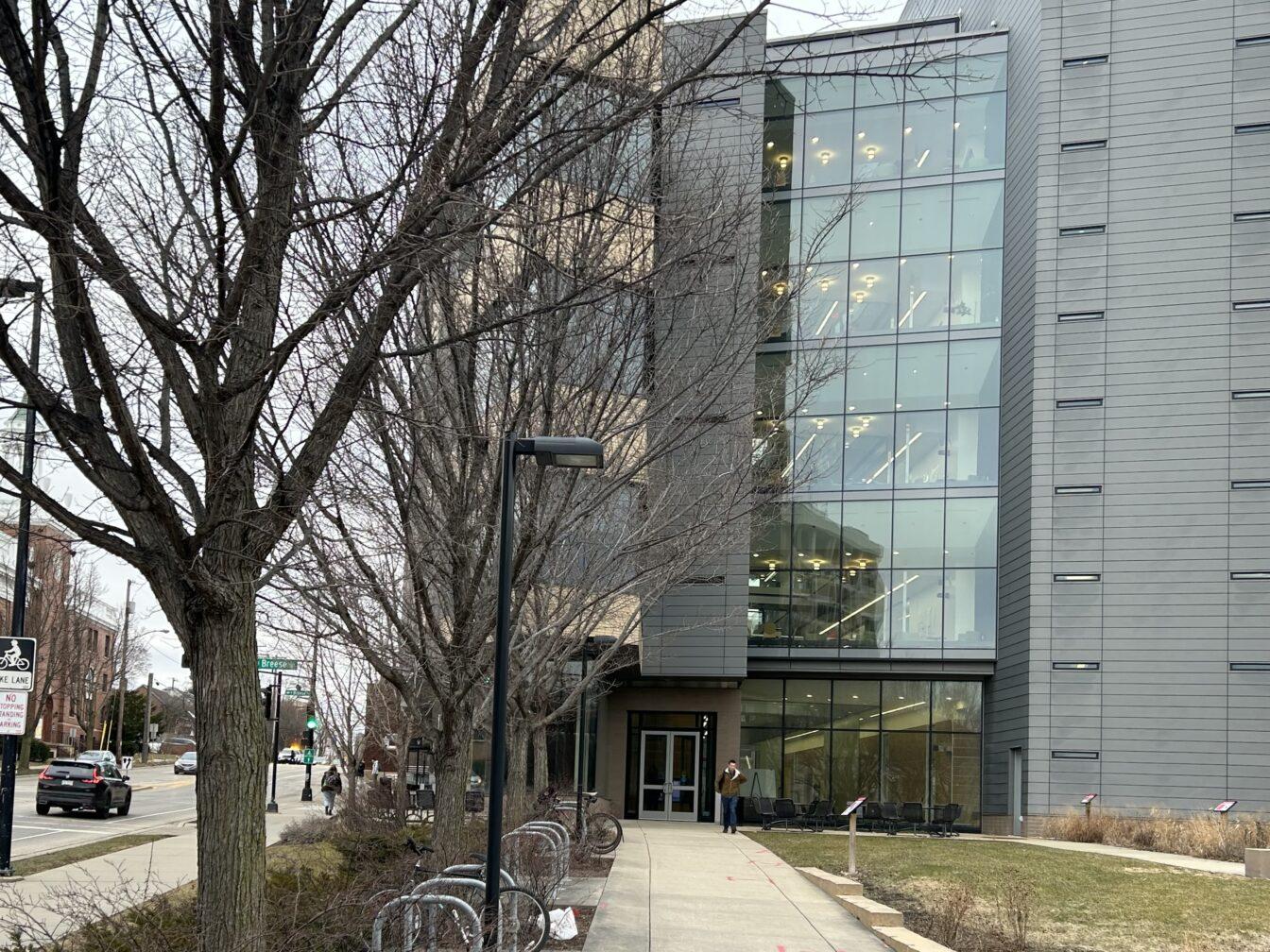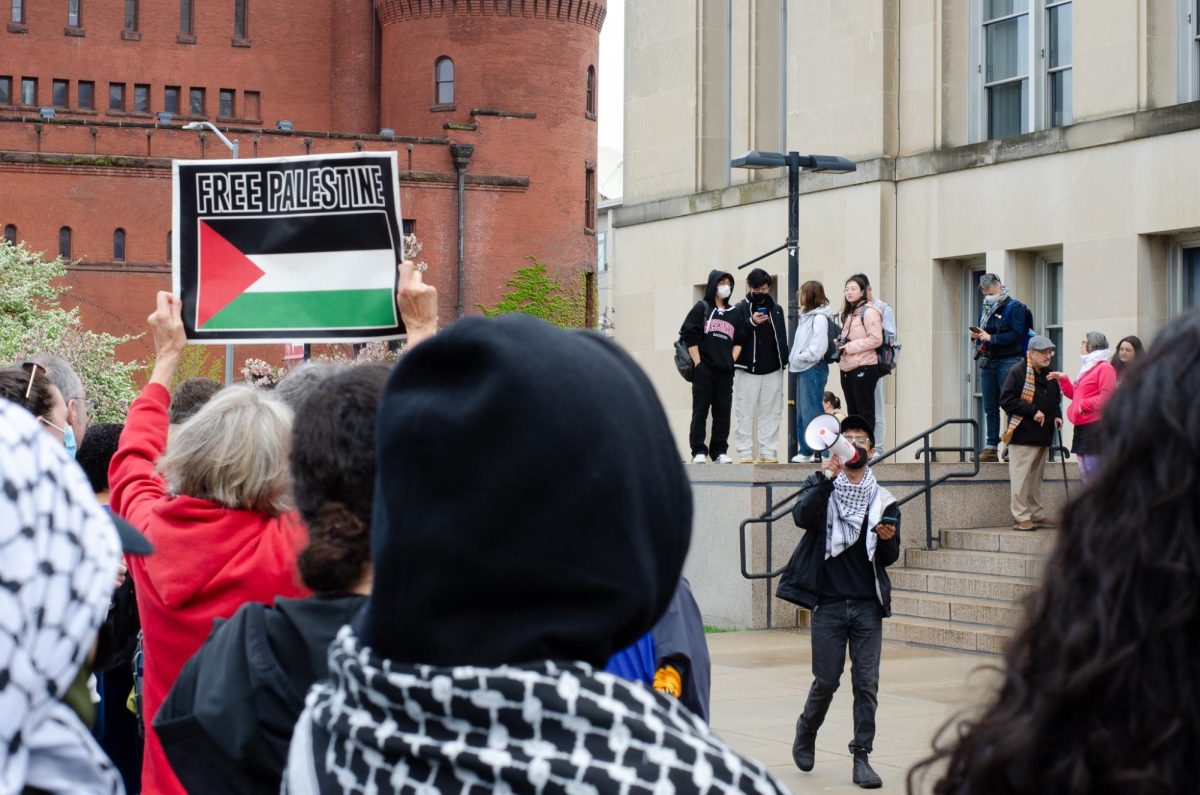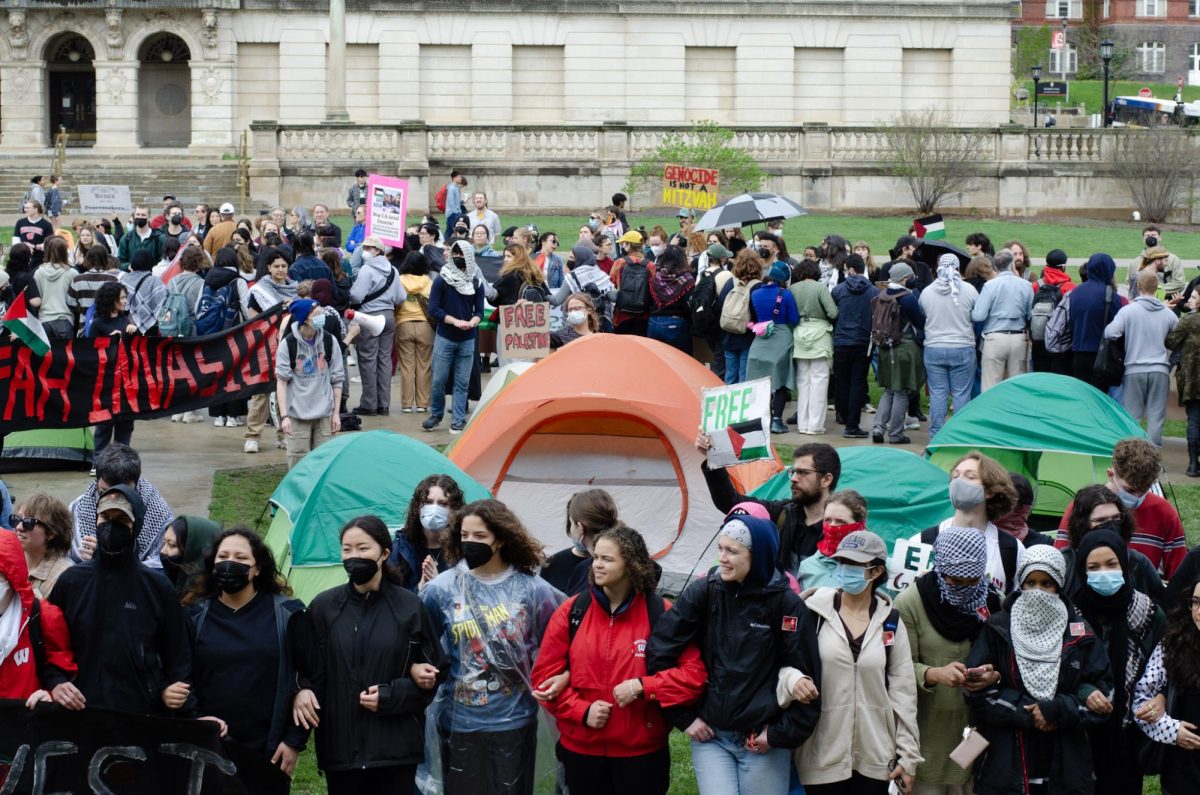Since he was a kid, University of Wisconsin professor in the School of Journalism Michael Wagner was interested in why people believe what they believe. This idea fascinated him so much that he decided to study this idea.
Wagner received a Journalism degree at the University of Nebraska-Lincoln in 1998 and then earned his Ph.D. in political science from Indiana University in 2006.
At the beginning of his journey, Wagner was a journalist. He found he wanted to be more involved in what goes on behind the scenes — to go more in-depth and to learn how people think, he said.
But the daily deadlines just weren’t enough time to reflect on what he learned through his time as a journalist.
Now as a professor and director of graduate studies at UW’s School of Journalism and Mass Communication, Wagner is an award-winning academic figure who instructs courses from the 200-800 level that focus on reporting, political communication, media and behavior, physiology and communication, fact-checking, public opinion and opinion writing.
His studies have given him the opportunity to be much more involved in research and the campus community.
“Research is supposed to matter more than just academic journals and books, but it’s supposed to matter for the people of the states, of the country and of the world,” Wagner said.
Wagner’s research is published in several journals. He also wrote a book called “Political Behavior in the Electorate” and is currently in the process of more research surrounding the precursor to news coverage via survey experiments of American journalists who cover politics.
School of Journalism and Mass Communication Professor Dhavan Shah is working together with Wagner among others and the National Science Foundation to develop a tool for journalists to avoid spreading misinformation.
“As time has passed, it’s become increasingly clear that there is a lot of misinformation and disinformation that is in our information ecosystem, and the forces that are trying to promote that misinformation and disinformation require a large set of careful and creative researchers to try to understand what’s going on here,” Wagner said.
Hobby to science: How tracking seasons blossomed into climate science
Wagner and the team are trying to make it easier for journalists to determine what to fact-check. They also consider marketing these fact checks to their audience in an effective way.
Wagner’s wisdom is what makes him a valuable resource to the research team, Shah said, especially when it comes to their research surrounding misinformation. Together, Wagner and Shah make a powerful team that will continue to produce valuable research about the spread of misinformation.
“I’ve learned a lot from his perspective as a journalist and as someone who has been inside of newsrooms, has thought about how news is created, has been in broadcast media,” Shah said. “He’s really thoughtful about the journalistic side of things. And I think that gives him a lot of credibility with journalists.”
For Wagner, his research means more than just providing information to the academics of the world. To him, it means sharing his research and valuable knowledge with the public. Wagner often attends in-person conferences, as well as web-based events. Sometimes he offers recordings online from the events for anyone to access.
Wagner said working together with the community creates a more involved environment. By doing this, he makes the science more available to people and makes connections along the way. He also said the feedback from the community sparks new research questions, and he learns about the people’s wants and concerns.
“I’ve learned a lot from him from the way he manages to blend his teaching, research and service in ways that are complementary,” Shah said. “He’s someone who sees points of connection between what he’s doing, and that allows him to make sure he’s getting the most out of all of it. I think it makes him a better teacher, scholar and colleague.”
Without efforts like Wagner’s, Shah’s and the rest of their research group trying to slow the misinformation epidemic, who knows where misinformation in journalism would stand today.








